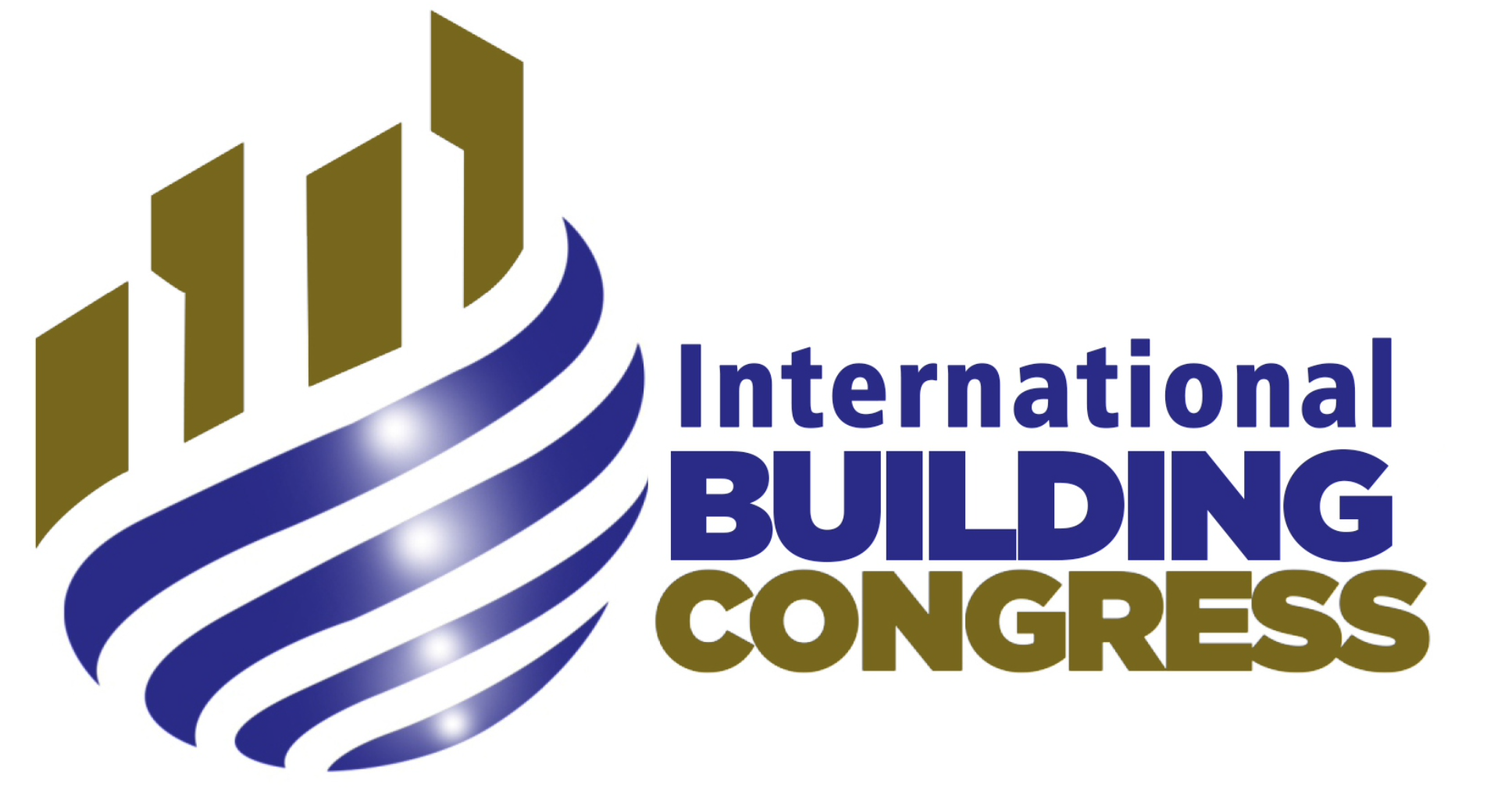The Industry
The global construction industry standing at a pivotal moment, driven by transformative trends and unprecedented opportunities and at a value of $15.26 trillion as at 2023, is moving rapidly towards an estimated $20.05 trillion by 2028. This robust growth fueled by increasing government investments in infrastructure, rapid urbanization, and technological advancements such as Building Information Modeling (BIM), modular construction, and sustainable materials. Emerging markets, particularly in Asia-Pacific and Sub-Saharan Africa, are leading this expansion due to rising populations, urban migration, and infrastructure demands. However, the industry faces challenges including supply chain disruptions, rising material costs, and the urgent need to adopt sustainable practices to meet global net-zero targets.
Sub-Saharan Africa is poised to be the fastest-growing region in the global construction landscape. With a burgeoning population projected to double by 2050 and urbanization rates outpacing other regions, the demand for residential, commercial, and infrastructural developments is surging. Governments across the continent are prioritizing large-scale projects, from transport networks to renewable energy facilities, supported by international investments and public-private partnerships. Yet, the region grapples with issues such as regulatory inconsistencies, skills shortages, and the need for resilient infrastructure to combat climate change impacts.
In Nigeria, the construction sector is a cornerstone of economic growth, contributing significantly to GDP and employment. According to the Nigerian National Bureau of Statistics (NBS), the sector recorded a robust growth of 3.5% in 2024, driven by investments in housing, road infrastructure, and urban renewal projects. Lagos, Abuja, and other major cities are witnessing a construction boom, spurred by population growth and government initiatives like the National Housing Programme. However, challenges such as high construction costs, limited access to financing, and the need for enhanced regulatory frameworks persist. The adoption of green building practices and local material innovation is also gaining traction to address sustainability and cost-efficiency.
The International Building Congress 2025 (IBC 2025), organized by the Council of Registered Builders of Nigeria (CORBON), is a premier global platform designed to elevate building practices by fostering collaboration and innovation. It brings together thought leaders from policymakers, academia, researchers, industry experts, materials manufacturers, and service providers. IBC 2025 will mobilize stakeholders around critical themes of sustainability, inclusiveness, skills development, and circularity, aligning with global and regional priorities. The congress offers unparalleled opportunities for knowledge sharing, promoting global best practices, showcasing cutting-edge innovations, and facilitating impactful B2B and B2C engagements.
Join us at IBC 2025 to shape the future of the global construction industry, from sustainable urban development to resilient infrastructure.

